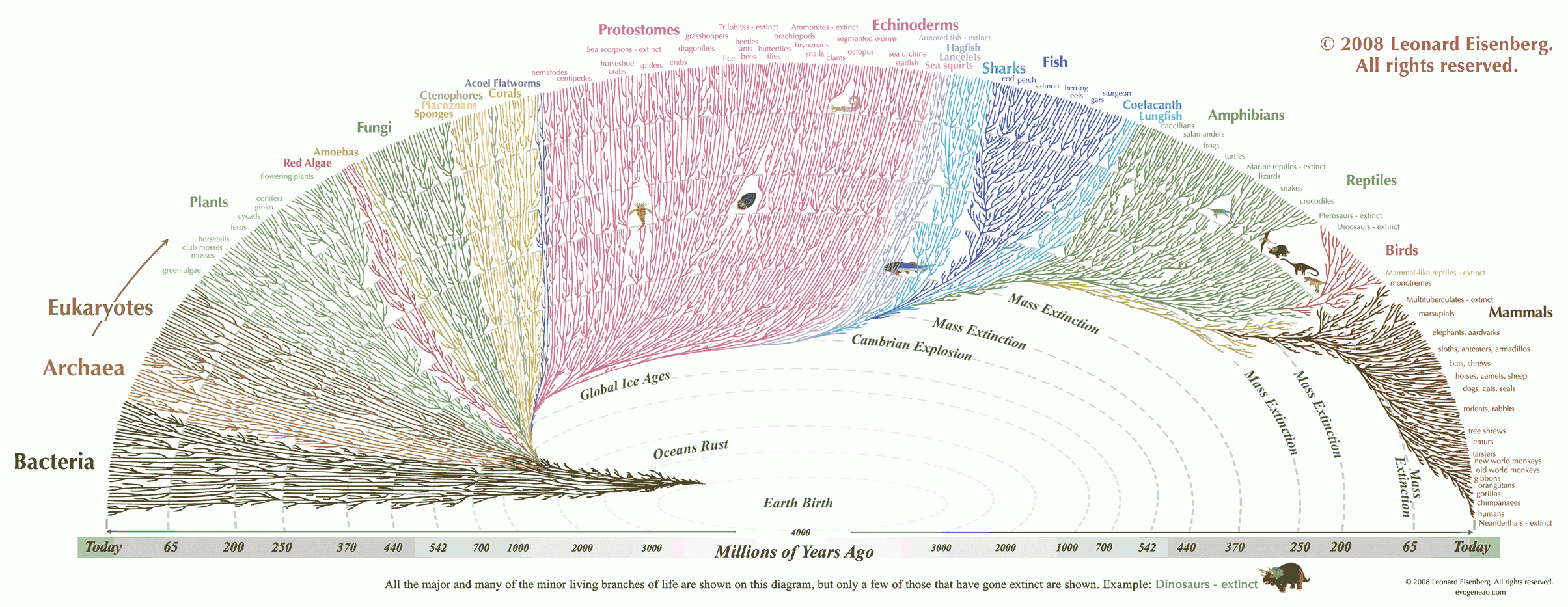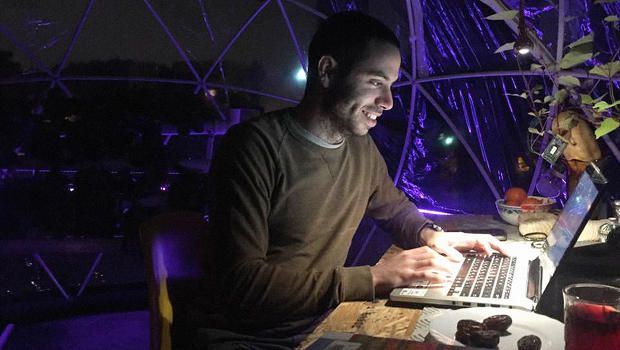Page 10341
Jan 4, 2017
The Transhumanist Paradox [33c3]
Posted by Mark Larkento in categories: biological, government, robotics/AI, transhumanism
https://www.youtube.com/watch?v=iLr7E2Ms4Y4
“I’m a political theory researcher at Sciences Po, and this talk draws on modern political theories of liberalism, the latest transhumanist literature, and ancient Greek theories of the good life.”
The Transhumanist Paradox.
Jan 4, 2017
Astronomers Pinpointed the Location of Multiple Weird Radio Bursts Beyond Our Galaxy
Posted by Sean Brazell in category: alien life
Fast radio bursts, powerful pulses of radio energy of unknown cosmic origin, are a source of endless fascination to astronomers and alien conspiracy theory fodder to everybody else. But while most FRBs discovered to date are one-off events—a single chirp in the interstellar void, if you will—these phenomena got more interesting last year when astronomers discovered the very first FRB signal that repeats. Now, they’ve pinpointed its location.
Jan 4, 2017
These Futurists And Urban Farmers Are Figuring Out How To Farm On Mars
Posted by Klaus Baldauf in categories: food, space, sustainability
The Mars Farm Odyssey group is thinking of non-NASA-approved solutions for making sure our colonists on the red planet have food (and weed).
Jan 4, 2017
Costa Rica Went 250 Days in 2016 Without Burning Any Fossil Fuels
Posted by Montie Adkins in categories: solar power, sustainability
READ THAT. It can be done.
A round of applause for Costa Rica: the small Central American country ran solely on renewable energy for 250 days of 2016, and over the whole year used renewables for 98.12 percent of its electricity needs.
The republic uses a mixture of renewable sources to generate its electricity including hydro, geothermal, wind, biomass, and solar energy, which meant it didn’t need to touch fossil fuels for two-thirds of the year.
Continue reading “Costa Rica Went 250 Days in 2016 Without Burning Any Fossil Fuels” »
Jan 4, 2017
DeepMind and Blizzard to release StarCraft II as an AI research environment
Posted by Andreas Matt in categories: entertainment, robotics/AI
Announcing DeepMind’s collaboration with Blizzard Entertainment to open up StarCraft II to AI and ML researchers around the world.
Jan 4, 2017
A cure for ageing is near but you probably can’t afford it
Posted by Shane Hinshaw in categories: biotech/medical, life extension
The race is on to develop anti-ageing treatments, but will they really work? And if they do, will only the rich be to defy the ravages of time?
Jan 4, 2017
Artificial Intelligence is Helping Restore Vision
Posted by Shane Hinshaw in categories: biotech/medical, health, robotics/AI
In Brief
- Microsoft is partnering with a prestigious eye hospital in India to help perfect AI powered computer diagnostics to the field of ophthalmology.
- Artificial intelligence is continually making great strides to integrate more in various healthcare settings, hopefully increasing the quality and availability of patient care.
According to the World Health Organization, an estimated 285 million people are visually impaired, with 39 million living with blindness and the other 246 million having low vision.
In a world of modern technological advancements, visual impairment has been the subject of much medical research. Perhaps the most notable among these are those that use artificial intelligence (AI), specifically through machine learning. Google’s DeepMind has been working with the UK’s National Health Service to do ophthalmology research.
Continue reading “Artificial Intelligence is Helping Restore Vision” »
Jan 4, 2017
Antigravity: Discovering if antimatter falls upwards
Posted by Shane Hinshaw in category: physics
If anything fell upwards, it would rewrite physics textbooks. Amazingly fiddly experiments to test whether antimatter can do just this are kicking off.
Click to read an excerpt — subscribers can read the whole thing.
Jan 4, 2017
Gene Editing Can Now Change An Entire Species Forever
Posted by Shane Hinshaw in categories: bioengineering, biotech/medical, genetics

In Brief CRISPR has opened up limitless avenues for genetic modification. From disease prevention to invasive species control, Jennifer Kahn discusses the discover, application, and implications of gene drives.
Jennifer Kahn, a science journalist for the New York Times, recently did a TED Talk in which she discussed the discovery, application, and implications of a CRISPR gene drive used to make mosquitoes resistant to malaria and other diseases like chikungunya, and Zika.
Continue reading “Gene Editing Can Now Change An Entire Species Forever” »
















